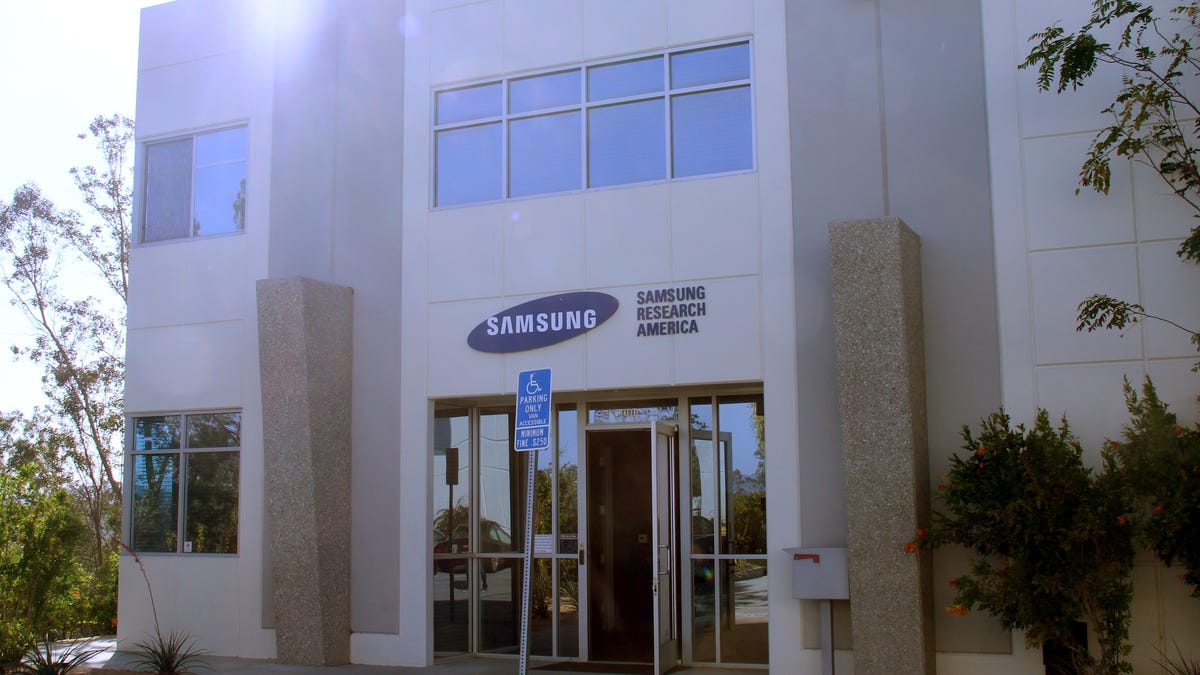All anecdotal and nobody likely will care, but I was a prospective Sonos customer - I had decided to buy a pair of Fives as a stereo system, and eventually decided not too, thinking that the fixing of their app was taking way too long, and not liking the way they were communicating with the public one bit. I lost trust in them. I couldn't be sure the product I was about to buy would still be supported a few years from now. A traditional system will work 30 years from now. I recently found a pair of Revel M16s, for less money, and don't regret my choice.


